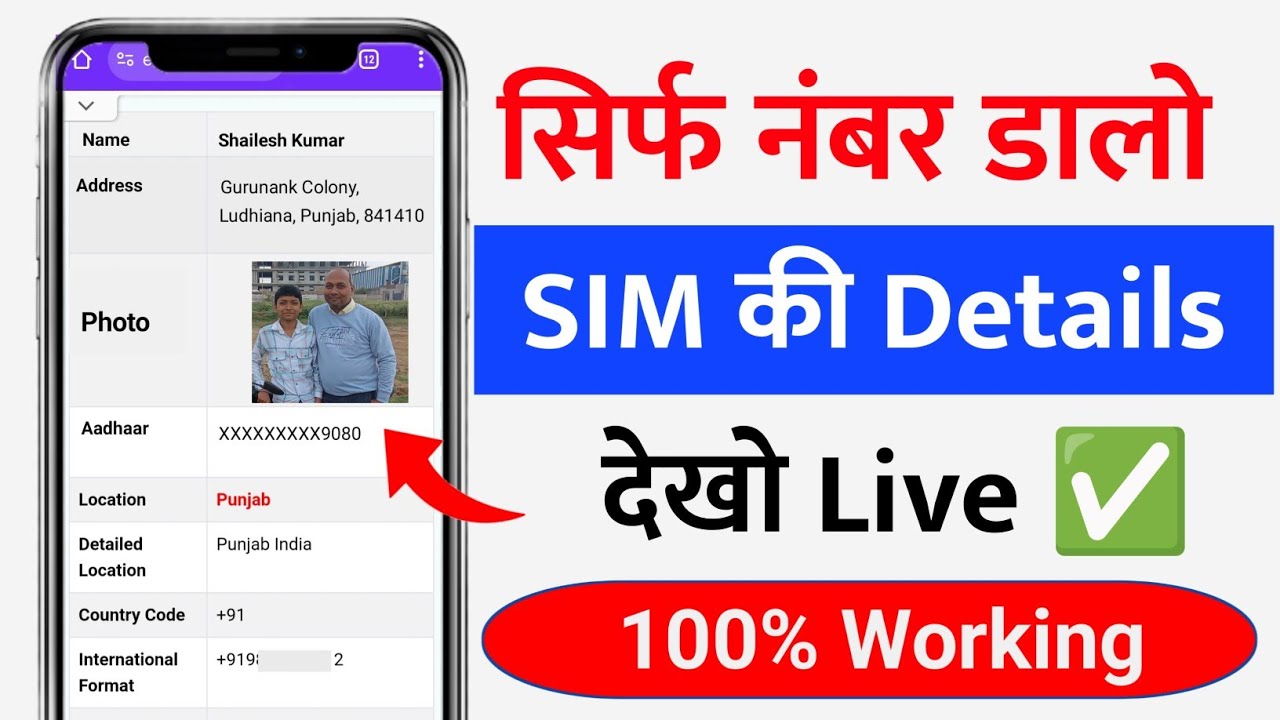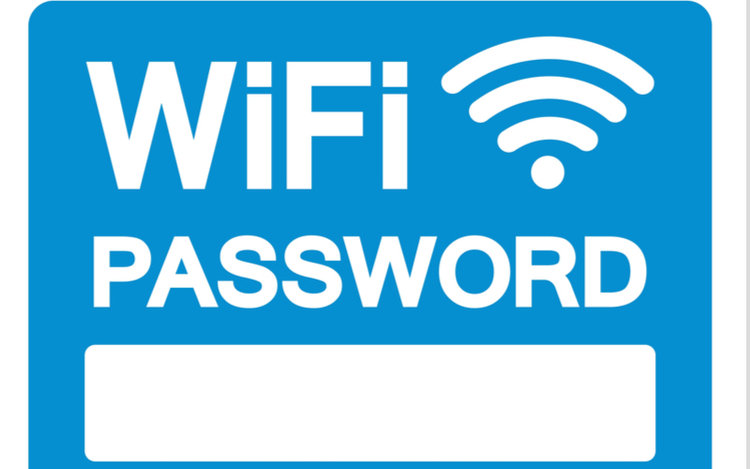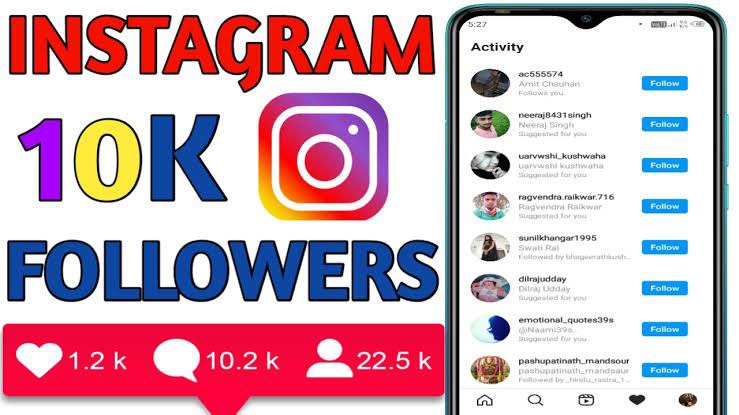In this digital age, where communication plays a pivotal role in our lives, having access to call history can provide valuable insights into various aspects of our personal and professional interactions. Whether you need to track your own calls for record-keeping purposes or investigate someone else’s call history, there are several methods available to obtain this information. However, it’s essential to navigate this process carefully, considering legal, ethical, and privacy implications.

Sorry! This Server is Slow
Please Try too Second Server
Importance of Call History
Call history serves as a detailed record of incoming, outgoing, and missed calls, along with timestamps and duration. This information can be beneficial for various reasons:
- Tracking communication patterns
- Monitoring phone usage, especially for parents or employers
- Verifying call details for billing or dispute resolution
- Investigating suspicious activities or infidelity concerns
Legal Considerations
Before attempting to access call history, it’s crucial to understand the legal implications associated with it. In many jurisdictions, accessing someone else’s call history without their consent may violate privacy laws and could result in severe legal consequences, including fines and imprisonment. Always ensure compliance with relevant laws and regulations governing telecommunications and privacy rights.
Methods to Obtain Call History
Using Mobile Network Provider
One of the most legitimate ways to obtain call history is through your mobile network provider. You can typically access this information by logging into your account online or contacting customer service. Providers may offer detailed call logs, including numbers dialed, call durations, and timestamps. However, some providers may charge a fee for accessing historical call data.
Accessing Phone’s Call Logs
If you have access to the target phone, you can view its call logs directly through the device’s settings or call history feature. This method allows you to see recent calls, but it may not provide as detailed information as what’s available through the network provider. Additionally, accessing someone else’s phone without their permission may raise ethical and legal concerns.
Third-Party Apps and Services
There are numerous third-party apps and services available that claim to provide access to call history remotely. These apps often require installation on the target device and may offer additional features such as call recording and monitoring. However, many of these services operate in a legal gray area and may pose privacy risks. Proceed with caution and research thoroughly before using such apps.
Risks and Privacy Concerns
While obtaining call history can be useful, it also poses significant risks and privacy concerns. Unauthorized access to someone else’s call history violates their privacy rights and could damage trust in personal or professional relationships. Moreover, storing or sharing call data without proper security measures in place could expose sensitive information to hackers or malicious actors.
Ethical Considerations
When considering accessing call history, it’s essential to weigh the ethical implications carefully. Respect for privacy, consent, and trust should always guide your actions. If you’re considering monitoring someone else’s call history, have an open and honest conversation with them about your concerns rather than resorting to covert methods. Transparency and communication are key to maintaining healthy relationships.
Conclusion
Obtaining call history can provide valuable insights into communication patterns and behaviors, but it’s essential to navigate this process with caution and integrity. Always consider legal requirements, ethical considerations, and privacy concerns before attempting to access call logs. Respect for privacy and trust should guide your actions, whether you’re monitoring your own calls or investigating someone else’s.
FAQs (Frequently Asked Questions)
- Is it legal to obtain someone else’s call history?
- In many jurisdictions, accessing someone else’s call history without their consent may violate privacy laws and could result in legal consequences.
- Can I access call history through third-party apps?
- While some third-party apps claim to provide access to call history remotely, many operate in a legal gray area and pose privacy risks.
- What should I do if I suspect unauthorized access to my call history?
- If you suspect unauthorized access to your call history, contact your mobile network provider immediately and consider changing your account passwords.
- Is it ethical to monitor someone else’s call history?
- Monitoring someone else’s call history without their consent raises ethical concerns and could damage trust in personal or professional relationships.
- How can I protect my privacy when it comes to call history?
- Protect your privacy by regularly reviewing your account settings, using strong passwords, and being cautious about sharing personal information with third parties.




